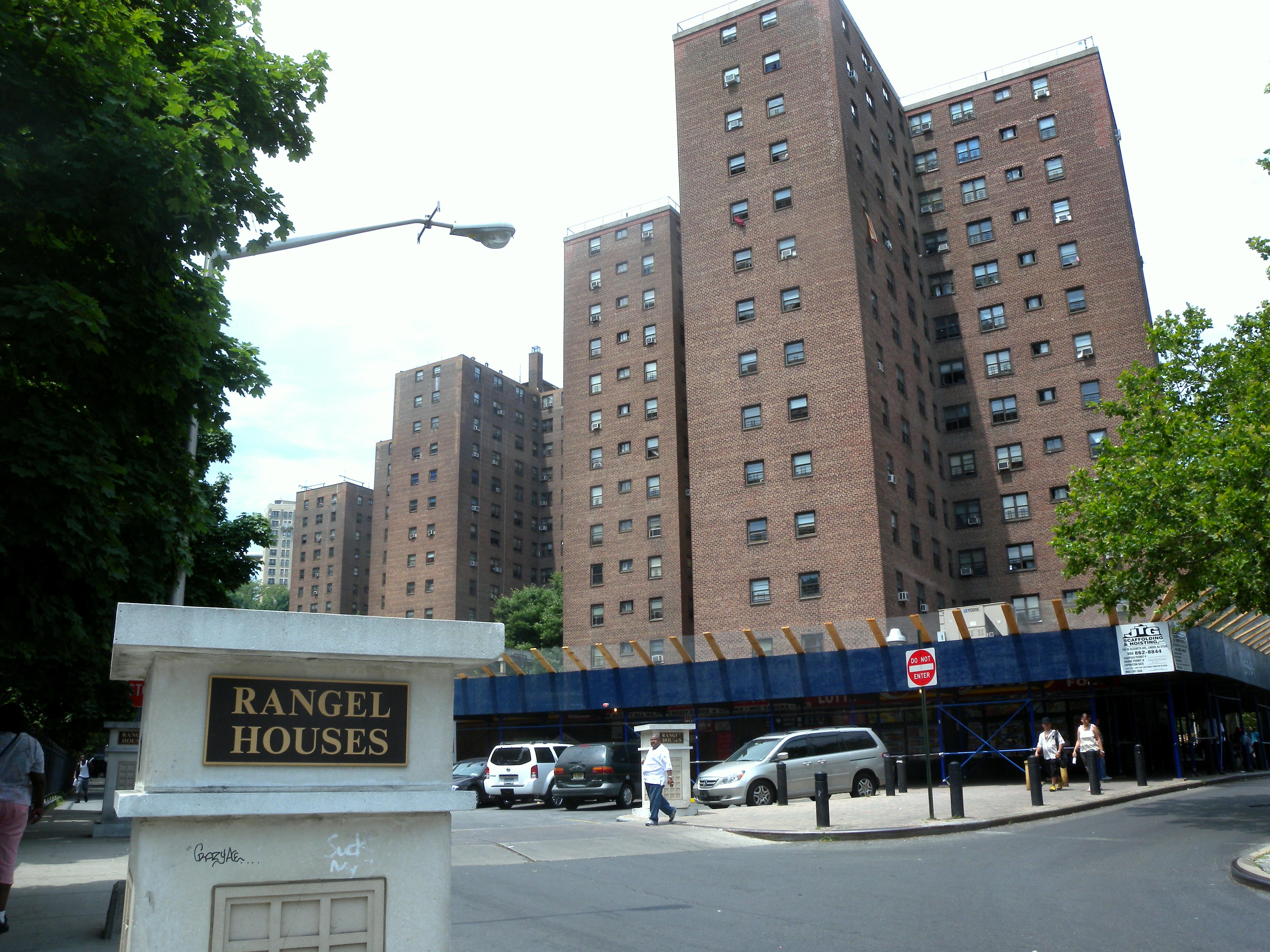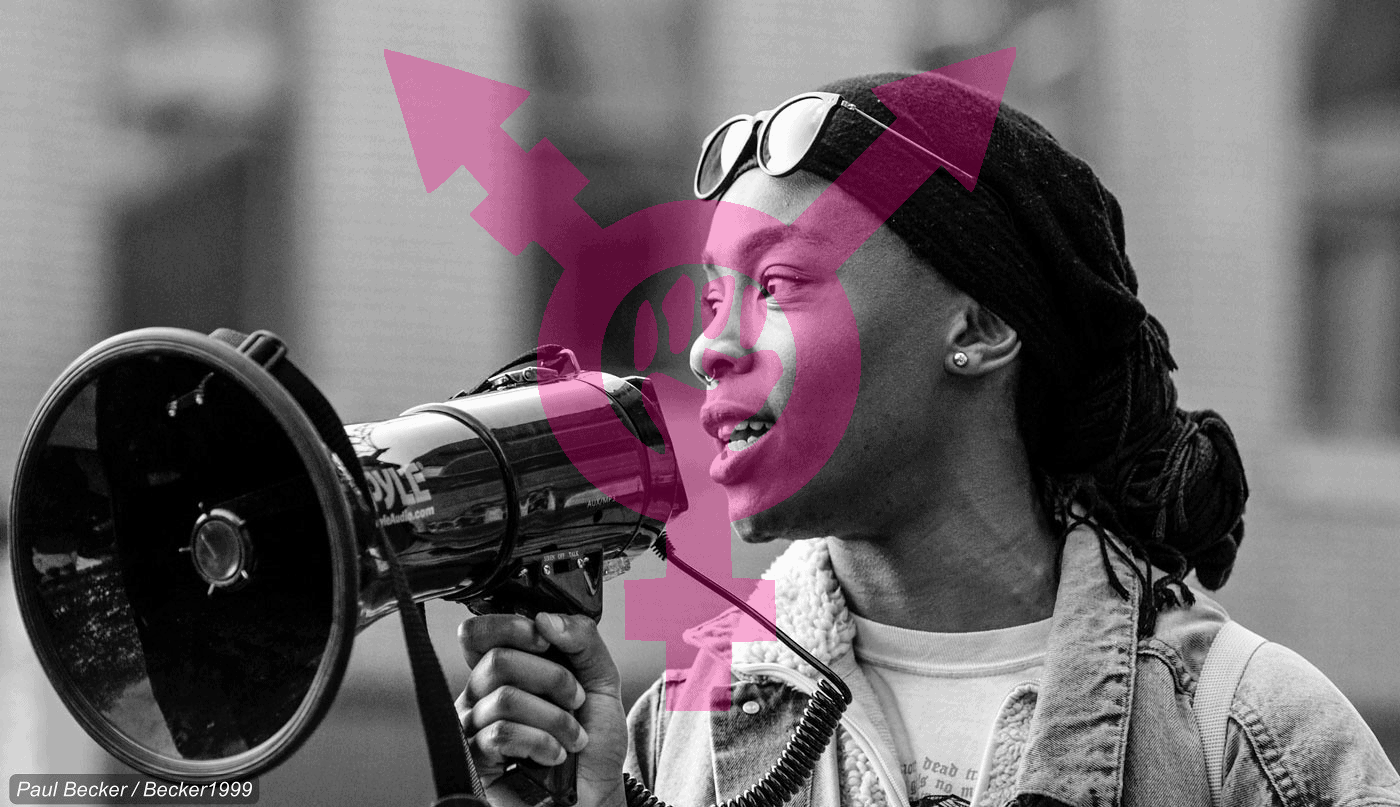
What does NYCHA’s recent sale to private developers mean for housing projects like the Rangel Houses?
NYCHA, the New York City agency responsible for public housing, is selling 50% of its stake in nearly 900 apartments to two enormous private developers, L+M Development Partners and BFC Partners. These two firms are expected to pay NYCHA $150 million up front and invest another $100 million in apartment renovations, investing about $80,000 per apartment.
The federal government would pay the difference between tenants’ rents, which will allegedly remain unchanged, and the market value of the apartments. After 30 years, the private developers can request to increase rents to market rate, but NYCHA, who will retain policy control, vows to keep the apartments affordable. (WSJ)
The Rent Is Too Damn High
Native New Yorkers have grown too-familiar with the trend of being priced out of neighborhoods. Over 40% of New Yorkers now spend over 35% of their incomes on rent (compared to about 30% in 1990), while incomes have dropped 15% since 1990 for lower-earners, and 18% for the bottom quartile. People are right to fear being priced out of Section 8 housing.
And for all of his campaign criticisms of real estate, Mayor de Blasio’s administration is undeniably friendly with the industry. He has appointed several officials to implement his plan to build 200,000 new affordable housing units, including Alicia Glen, who formerly worked brokering housing deals with Goldman Sachs, and was picked by de Blasio’s administration while working for the Moelis Institute for Affordable Housing Policy, founded by none other than L+M Development.
An executive at L+M Development raised more than $13,000 for De Blasio’s campaign “based on his commitment to build more affordable housing, a focus of her firm” while Moelis, of the Moelis Institute, collected over $75,000 for the campaign.
I don’t care what he’s said about the Bloomberg administration, there’s no way de Blasio can argue he isn’t in bed with real estate. But in July of 2013, de Blasio delivered a speech that shed some light on his mindset. Among other things, de Blasio explained his strategy for maximizing the city’s affordable housing. His first plan of action? Maximizing development.
If It Ain’t About The Money….
NYCHA is in some serious debt, to the tune of $77 million, and needs another $18 billion on top of that for building repairs. Federal funding has dropped $900 million since 2001.
Despite this massive debt, de Blasio plans to erect 200,000 affordable housing units in the next decade, which will cost $41.1 billion. According to de Blasio’s report, about $8.2 billion would be paid for by the city, which is already stretched past its limit as far as public housing goes. Since the budget cuts, NYCHA has stopped accepting any new Section 8 applications. The rest has to come from state, federal, and private funding, taking the form of arrangements like this one.
NYCHA spokesperson Shola Olatoye believes that partnerships like this are the “future of public housing.” The arrangement has paid for much-needed repairs, and as she sees it, was the only alternative to what has been described as “demolition by neglect.”
Proceeding With Caution
Unlike Bloomberg, whose similar plan to privatize public housing was widely criticized, de Blasio has (deliberately, I believe) chosen two development firms that specialize in affordable housing. I do think his heart is in the right place, and I’m not really sure how else he could have afforded his plan.
Still, the federal government has very little incentive to indefinitely subsidize the difference between low-income and market rent. Despite the de Blasio administration insisting that rent raises won’t happen “on their watch,” by the time 30 years swings around everyone in that administration will be long gone, and who knows who will have taken their place.
In the very immediate future, I think that the partnership will actually be a good thing. People who have been living in literally crumbling buildings will have their apartments renovated for free.
30 years from now? This seems to be the first step towards privatization, and there’s no way these apartments will remain affordable. I hope I’m wrong.




